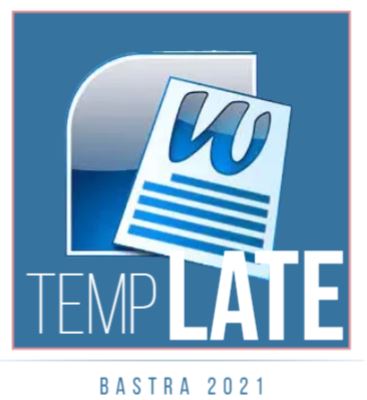SEMANTIC DEVIATION ON WILLIAM BLAKE’S SELECTED POEMS
Keywords:
semantic, deviations, poems, William BlakeAbstract
In this study, we analyzed the existence and the contribution of the semantic deviations in the eight selected poems of William Blake. We tried to answer two problems : what were the semantic deviation found on William Blake's selected poems and how those deviations contributed to the meaning of the poems. Eight poems were selected from the songs of innocence and songs of experience. Furthermore, we used the qualitative content analysis which involved series of activities in analyzing document and described them based on the related theories of research. After analysing the data, we revealed the following findings: (1) the semantic deviation found on William Blake's selected poems was formed by three tropes. There were semantic oddity, transference of meaning and honest deception. (2) those deviations contributed to help the poet transmit his point of view about social condition, religious value, love and human to human relationship. They were also used to make the poems more aesthetical and dense in meaning.
Downloads
Published
How to Cite
Issue
Section
License
Authors who publish with PENTAS agree to the following terms:
Authors retain copyright and grant the Engagement right of first publication with the work simultaneously licensed under a Creative Commons Attribution License (CC BY-SA 4.0) that allows others to share (copy and redistribute the material in any medium or format) and adapt (remix, transform, and build upon the material) the work for any purpose, even commercially with an acknowledgement of the work's authorship and initial publication in BASTRA.
Authors are able to enter into separate, additional contractual arrangements for the non-exclusive distribution of the journal's published version of the work (e.g., post it to an institutional repository or publish it in a book), with an acknowledgement of its initial publication in BASTRA.
Authors are permitted and encouraged to post their work online (e.g., in institutional repositories or on their website) prior to and during the submission process, as it can lead to productive exchanges, as well as earlier and greater citation of published work (See The Effect of Open Access).

This work is licensed under a Creative Commons Attribution-ShareAlike 4.0 International License.








